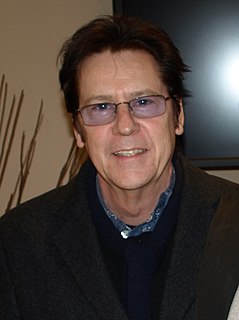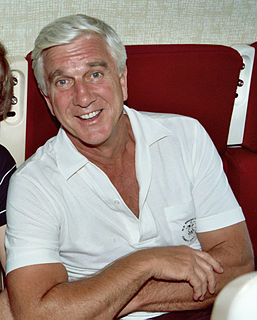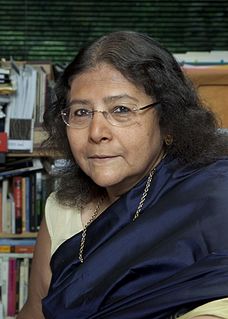A Quote by Tom Wolfe
There was a time in the 1930s when magazine writers could actually make a good living. 'The Saturday Evening Post' and 'Collier's' both had three stories in each issue. These were usually entertaining, and people really went for them. But then television came along, and now of course, information technology... the new way of killing time.
Related Quotes
There was a time in the 1930s when magazine writers could actually make a good living. 'The Saturday Evening Post' and 'Collier's' both had three stories in each issue. These were usually entertaining, and people really went for them. But then television came along, and now of course, information technology...the new way of killing time.
Both instruments are processors of information. Both appeared when nothing quite like them had existed before, and both began to make their effects felt immediately (a situation that isn't invariable with new technology). Both devices were less the result of a single breakthrough than of an evolving set of technologies. Like the computer, the printing press had no one certain inventor; it was a technology whose time had come.
And when you get an eminent journal like Time magazine complaining, as it often has, that to the young writers of today life seems short on rewards and that what they write is a product of their own neuroses, in its silly way the magazine is merely stating the status quo and obvious truth. The good writing of any age has always been the product of someone's neurosis, and we'd have a mighty dull literature if all the writers that came along were a bunch of happy chuckleheads.
The Voice did not consider itself a conventional magazine. It took me awhile to realize that it was named The Voice for a reason. They wanted voices. At the time, good magazine stories were still believed to be written in the third person based on the false belief they were more objective. Of course some conventional stories require third person, but in the really interesting stories - the ones I got do to at The Voice and Esquire - were about subjectivity, subjectivities.
You used to have those Saturday morning television shows. You had to do your bit. You had to go on and promote your new release. I quite enjoyed it, actually. You had the parents watching them, and they must have liked what they were seeing, so they'd encourage their kids. And then they'd end up bringing them to the shows.
At the time - but we've since made amends - James Franco and I really didn't get along. When we were on 'Freaks and Geeks,' we were 19, and we really, really disliked each other. He shoved me to the ground once; it was really brutal. We're friends now, and we really like each other now as adults - but as kids, we did not get along.
There were choices that we've made as a Little Dragon, that we had to make at the time because we needed the money. I think everything has its context. It is way easier to say no to things now then it was five years ago, for sure. Back then we were grabbing at every opportunity we could just to sustain a name and let people know, "Hello, hello! We're here! Look at us!" It's really sort of taken its time and grown, and it's been a very step-by-step process.
Poetry died as a commercial form and then it died as a serious art form. No one serious touches it. It used to be that somebody like F. Scott Fitzgerald could make a high middle-class income from working as a short story writer for the Saturday Evening Post and other outlets. That doesn't happen anymore. It used to be that a legitimate playwright could make a living on Broadway from writing decent plays.
Historically, the idea that you take something novel and you break it has been seen as the ultimate rejection of Enlightenment values, of progress, of civilization - because how could you possibly move forward if you break technology? I think that that misses the point, that if you introduce any kind of technology, what you're introducing is a new way of living and the consequences of that new way of living for people who were enmeshed in a different way of living need to be thought through.
I don't really think of these as projects. I think of them as bands. I have tried to not just convene a group of musicians and make one record or make one gig and just drop it. Each of them develop over time. I have been really fortunate to keep a band like the Sextet together over three very different albums. Each time, the goal got more deep for me in terms of how I wanted to write for those people. So it is really about trying to develop ideas and trying to have a consistent focus on a way to come up with new ideas in music that I want to do.
































